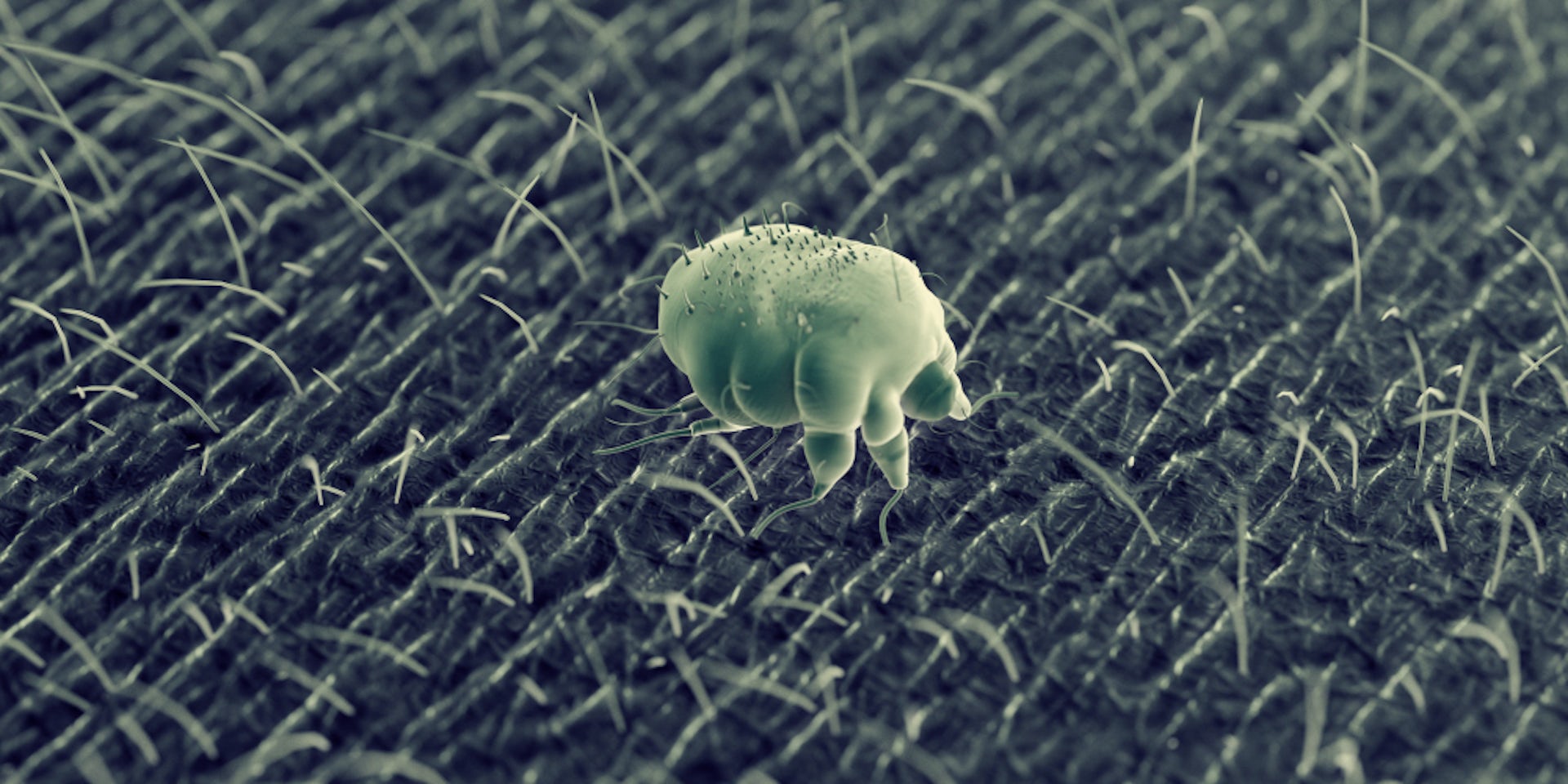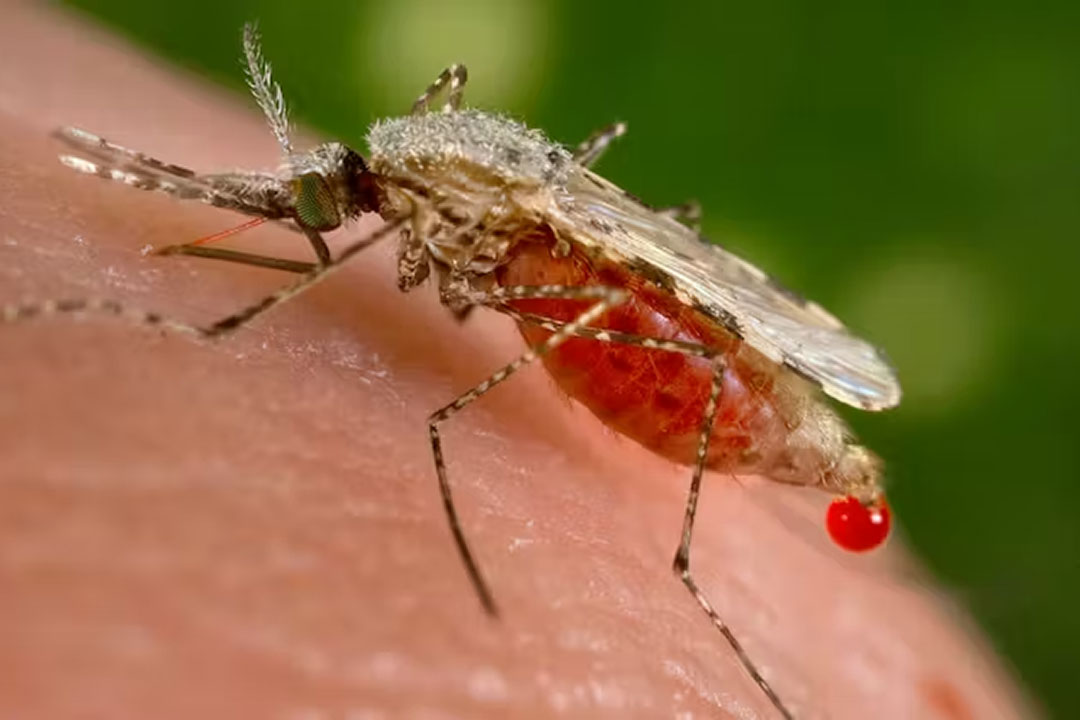UK approves ‘poo transplant’ to treat antibiotic resistant superbugs
Nice recommends faecal transplants to treat antibiotic-resistant Clostridium difficile infections. The treatment has been used in the UK since 2013.
- 6 September 2022
- 4 min read
- by The Conversation

So-called “poo transplants” have reached an important milestone with the publication of a new UK guideline that recognises their effectiveness at treating some persistent gut infections.
The National Institute for Health and Care Excellence (Nice) published its recommendation this week saying that the treatment, called faecal microbiota transplantation or FMT, should be used to treat recurrent infections of Clostridium difficile (C diff).
Nice found FMT to be an effective, safe and cost-effective treatment for adults who have had two or more C diff infections that have not responded to antibiotics.
C diff are bacteria that cause debilitating diarrhoea. This is usually treated with broad-spectrum antibiotics (that is, antibiotics that kill many different types of bacteria). Unfortunately, antibiotics can become less effective with each attack.
Poo transplants are really what they sound like. A faecal transplant is prepared from a carefully screened, healthy stool donor and processed in a sterile laboratory. It is frozen in a -80°C freezer and can be stored for up to six months. Then it is transplanted into the gut of the patient via a tube directly to the stomach or via an endoscope into the stomach or colon, depending on what is most appropriate for the patient.
With the transplant restoring normal function in the gut microbiota, the immune system can correctly target C diff as “bad bacteria” and restore the gut to more usual movement.
These treatments enable the transplanting of bacteria that are crucial for maintaining not just the health of our guts but have been suggested to have a significant effect on a host of disorders, from cancer and mental health to dementia.
Long history
The journey that has led to Nice’s recommendations comes after a long history of faecal transplant treatment and research.
The first reports of their treatment appear in texts of traditional Chinese medicine in the 4th century to treat diarrhoea, and the first reported use in the modern era was in 1958 when a US army doctor, Ben Eiseman, successfully treated soldiers with diarrhoea – probably C diff infections.
Individual pockets of faecal transplanting continued through the rest of the 20th century, but in the UK, Peter Hawkey, professor of clinical and public health bacteriology at the University of Birmingham, led the way as a pioneering academic in understanding C diff infections and the use of FMT as a treatment.
On arriving at the University of Birmingham in 2001, Professor Hawkey set up a manufacturing facility to treat patients in ten regional hospitals in the West Midlands. Shortly thereafter, a serious epidemic led to patients in hospitals in the UK contracting C diff infections, leading to a national inquiry. Yet despite the clear need for an effective treatment, the first transplants were only done in 2013.
Have you read?
That same year, a research article was published showing the treatment is an effective alternative compared with antibiotics for treating recurrent C diff infection.
In 2016, the Medicines and Healthcare products Regulatory Agency, the UK’s drug regulator, granted the University of Birmingham a licence to begin treatment around the UK.
The “specials licence” enabled the use of faecal transplants outside the manufacturing institution and the Microbiome Treatment Centre at the University of Birmingham holds the only such licence in the public sector in the UK at the moment.
Over the past six years, the team has treated hundreds of patients in the UK. As well as bringing relief to hundreds of patients experiencing chronic gut distress, we have also been using FMT in clinical trials, including the first UK pilot study of FMT to treat ulcerative colitis, a form of inflammatory bowel disease.
The recommendation published this week by Nice, therefore, is an endorsement of a treatment that has been taking place around the UK since 2013 and will improve the quality of life for many more people experiencing persistent C diff infections.![]()
Authors
Tariq Iqbal, Professor of Clinical Microbiome and Consultant Gastroenterologist, University of Birmingham

This article is republished from The Conversation under a Creative Commons license. Read the original article.
Disclosure statement
t.h.iqbal@bham.ac.uk receives funding from the National Institute of Health Research.
Partners
University of Birmingham provides funding as a founding partner of The Conversation UK.









